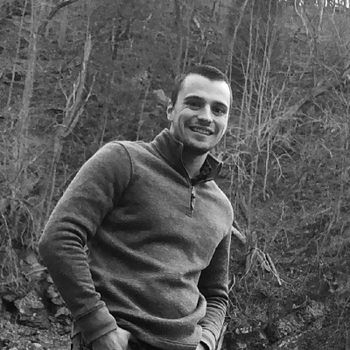U Buffalo Graduate School of Education cancels class for anti-racism teach-in
The department "shut down" normal operations as part of this "first step."
The University of Buffalo Graduate School of Education canceled classes for students and staff to attend mandatory sessions on anti-racism.
The University of Buffalo’s Graduate School of Education canceled classes for two days while students and faculty took anti-racism training.
The teach-in, titled, “Make Good Trouble Now: Teach-In for Racial Equity,” was held in order to educate members of the Buffalo community on issues related to racism. This teach-in was mandatory for all students, faculty, and staff within the department.
“We are literally shutting down normal operations to focus on these important issues,” chief diversity officer Raechele Pope said of the event. “The fact of the matter is, we can’t afford not to (shut down); it’s simply that critical.”
“In the midst of two global pandemics — COVID-19 and racism — along with a global fiscal crisis, we are witnessing community activism and calls for systemic and structural change that are not going to go away,” Pope said. “The teaching and learning that will take place in this teach-in are more important than ever.”
[RELATED: Universities across the country create George Floyd memorial scholarships]
The Graduate School of Education said the decision to do this training was a matter of justice for Buffalo’s Black students.
“The Graduate School of Education recognizes that it cannot make good on its mission and vision or on its commitment to equity, diversity, justice, and inclusion without ensuring that all faculty, staff, and students have a more fundamental understanding of the factors that have led to the countless murders of Black people,” the GSE’s website said.
The event took place from 9 a.m. - 5:30 p.m. on September 3, and from 9 a.m. - 3:45 p.m. on September 4. According to a list of speeches on the event’s website, five main speakers spoke on topics such as abolitionism, racial trauma, diversity, “whiteness” and race, and systemic oppression.
[RELATED: Massachusetts town declares racism part of ‘public health crisis’ after calls from health professor]
Pope suggested that the event will be followed by similar discussions.
“This is not the intervention; it is a first step of many things to come in the months ahead,” Pope said. “Our goal is that it will help to provide us all with the awareness, knowledge, tools and resources we need to advance, address, confront and begin to dismantle systemic and institutional racism and other forms of oppression.”
Pope and Suzanne Rosenblith did not respond to a request for comment from Campus Reform in time for publication.
Follow the author of this article on Twitter: @Dean_Barker

